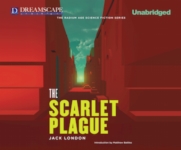
 The SFFaudio Podcast #386 – Jesse, Paul, and Marissa talk about Nick And The Glimmung by Philip K. Dick.
The SFFaudio Podcast #386 – Jesse, Paul, and Marissa talk about Nick And The Glimmung by Philip K. Dick.
Talked about on today’s show:
1988, a children’s book (sort of), Galactic Pot-Healer, a favourite, re-reading, do full of gold, Dwight L. Glimmung, Joe Fernright, in a box behind a furnace on Pleasant Hill Road, minor mistakes, where were Joe’s quarters (for Mr. Job), the toilet tank, in an asbestos bag behind the radiator, the Mexicans, an alternate theory the mistakes are actually clues, Jesse’s theory about the SS man in The Man In The high Castle, just to the left and behind my furnace, close enough, parallel structure, placement disparity, conscious or unconscious inconsistencies, Robert J. Sawyer’s theoretical bulletin board, the description of the wub, organically flowing truth, Glimmung is a water deity (sort of), writing by channeling, discrete boxes, the coins represent opportunity to escape, the rhetorizer, a hoop of fire and a hoop of water with a little girl in the center, Glimmung forces change, connecting unintended dots, when Philip K. Dick reads his own books, a little divine, Dick enjoyed writing these books, amplification across multiverses, a wonderful weird jungle, a thicket of bamboo shoots with, the Philip K. Dick fan page, “my best book” (one of his worst books), nothing can be said for it, very minor, The Zap Gun, wrrgh, The Exegesis, a psychotic episode, scraped the bottom of the barrel, paisley shawl, the Jungian archetype, The Cosmic Puppets, Tim Powers, he just “winged it”, one of his very best books, James Triptree, Jr., one of the best last lines, “The pot was awful.”, debates about the ending, a funny ending, an uplifting book, healing the world through weed, drugs, it isn’t about drugs, pots and cups, vessels, stoic philosophy, don’t have a favourite cup, when drinking tea, a double-walled glass tea cup, if your wife dies…, everything dies, you shouldn’t feel sad when your cup is broken, pots can never be healed, the technology that is his livelihood, a plastic world, the jewelry in The Man In The High Castle, making something new vs. fixing or replicating old things, Pay For The Printer, a fabulous ending, writing order, an unsaleable book, what else you got?, structural similarities, Pot-Healer has boobs, a boobless kid’s book, Mali Yoyez is humanoid, a spray on blouse, smashing the keyboard, so Philip K. Dick, Philip K. Dick’s Tinder profile, favorite colour: reg, Reg the water man, it would make a marvelous animated feature, Nick Podehl narrated the audiobook wonderfully, the parent’s names, the nervous father, the stable mother, no mental illness yet, cats have introversion of their minds, a calm and pleasant version of The Mosquito Coast, an actual story of emigration, New Zealanders and Canadians leave their backwaters, California is not the place people emigrate from, Dick’s childhood, flying out west, living in a condo (conapt) that doesn’t allow pets, is there another reason to emigrate?, how the two books tie together, cats and dogs and parakeets, Miss Juth, airplane/spaceship, Ploughman’s Planet, what’s driving Do Androids Dream Of Electric Sheep?, a cool psychological drive, reading it straight up, Nick’s dad’s job parallels Joe Fernwright’s cubicle job, playing the game, no job satisfaction, an assembly line of jobs, Earth societies in both books are very specific dystopias, nobody gets as much work as they want or need, growing his own food, cultivating his own garden, another theory about books, how much work goes into the backstory (Dune and The Lord Of The Rings and Galactic Pot-Healer), Pay For The Printer is Marissa’s new favourite Philip K. Dick short story, Fallout, the printers are helping humanity, pop-up toasters, making your own tools again, Americans with their canned good, Displaced Persons, that’s your life as a kid, precious objects as disposable objects, that’s how you are as a kid, when little kids go to the cupboard and pull out food, a lack of understanding of where things come from, in the end the Printers cannot even print themselves, super-tragic, Printers are like really friendly shoggoths, A Maze Of Death, The Three Stigmata Of Palmer Eldritch, friendly aliens from Mars, Martian Time-Slip, Farmer In The Sky by Robert A. Heinlein, make the American west out in space, natives, the spittles, the U.N., Canadian history and USA history, land grants, Pot-Healer is the adult version of Nick And The Glimmung, the puddinged Glimmung echoes the Black Glimmung, malign Glimmung vs. ambivalent Glimmung (ultimately good), Palmer Eldritch as an evil god, malign Glimmung, wurjes and wubs and spittles, the Book Of The Calends is the same book as One Summer Day, so connected, one day Philip K. Dick one way about something and the next day…, God is good and God is malign, seeing Galatic Pot-Healer in the context of Nick And The Glimmung, little kids handle darkness better than adults, Tony And The Beetles, insectoid aliens, a robot dog, imagine you’re a Japanese kid going to school in California in 1940, told for the child’s perspective, The Father-Thing, a horror story for children, horror movie trauma vs. textual horror, horror filled rick-rolls, Hansel And Gretel is a horror story, also a true story, children being cooked in ovens, Roald Dahl stories, Roald Dahl is a Philip K. Dick style writer, cocooned children and mushroomy plants, set in the period in which it was written, Glimmung is a very positive Cthulhu, Glimmung came from a cold star, manifested by increments, when Nick sees the Nick-thing, giving back Horace (the cat), does Horace know which Nick is which?, what we know about father-things, Horace vs. Horus, Egyptian cat-god, named after Horace Gold (like a shut-in cat), one of PKD’s cats was named Magnificat, adventures together, made out of bamboo, a sense of rightness, primeval or primordial fears, Coraline by Neil Gaiman, the world of Ploughman’s Planet is like H.P. Lovecraft’s Dreamlands, wurjes and night-gaunts, a map of Ploughman’s Planets, “Magnificent City”, Glimmung’s Mark, Nick’s father, predicted in One Summer Day, “inhabited”, and then he saw the Nick-thing, he felt terror, a wistful wan smile, the two trobes, “Safety City and so it was.”, equally happy?, the Glimmung was replicated and Nick was replicated, stabbing himself with his own spear, the spear gives him a wound that can never heal, the Spear of Longinus, the stigmata that can never be healed, the pottery with a cartoon on it, what does this black fish represent?, the Exalted RPG, the Broken-Winged Crane, infected by the book, books that write and rewrite themselves, having to deal with false and true prophecy, predetermination vs. free will, struggling to overcome, acting like a lawyer, wiggle-room despite predestination, playing the odds and obeying what we’re told, when Joe confronts the Willis robot, Julie and Rose Davis, if you think the world is material then you do have an existential difficulty, how do you deal with per-scripted, The Grasshopper Lies Heavy, does fiction change us?, horoscopes and psychic shops, fiery Scorpios, waking up shy or undefeated, personality as clothing, being sympathetic towards even the idiots, driving around town, aggressive driving, trying to project into the minds of others, this feeble god that is totally manipulating all the actors, the book of Calends is manipulating too, One Summer Day is such an interesting and weird title, high YA vs. middle grade tone, the book’s tone is YA but there is a lot of heavy material, a shitty criticism, being told the definition of things, high level vocab words, Despairity City (or Disparity City), you bring yourself to a book, which book do you like better?, not a fair question, under-complex, an idyll that came and went, the world in Nick And The Glimmung, thinking about way more things, The Thing (1982), Invasion Of The Body-Snatchers, the most serious issue there is: what is the point of existence given their is no point, hopeful in its philosophy, in struggling for something, “undercooked”, we’re at the turning point, taking old stories and recycling elements into new ones, using Ploughman’s Planet and Glimmung and the structure to make Galactic Pot-Healer, a choice, Joe Fernwright and another Lord Running Clam, an alien buddy who gives you life advice and gets you girlfriends, out of the depths of despair, Frederick Jackson Turner’s frontier thesis, the frontier as a safety valve, space and other planets as the new frontier, escape for those who are willing to escape dysfunction in society, a terrible seduction technique, farming Antarctica in 20years, not in a Fluke Pit, actively creating instead of just consuming, an elaborate April Fools day joke, society for the transplantation of polar bears to Antarctica, a big April’s fool joke on myself, playing games to distract ourselves from living our lives (Fallout 4 and Battlefield 4), viewing cat gifs on the internet is not a life, getting used to anything, why is Jesse going insane, Honest Constricting-path, Some Like It Hot = Arithmetical Temperatures Are Preferred, to pass the goddamned time of day, Domicile Stockyard = Home Depot, mindfulness meditation time = playing computer games.

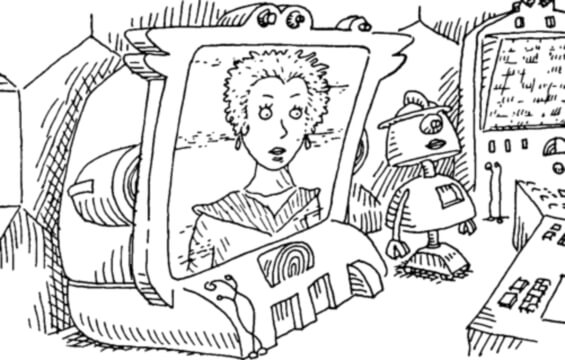
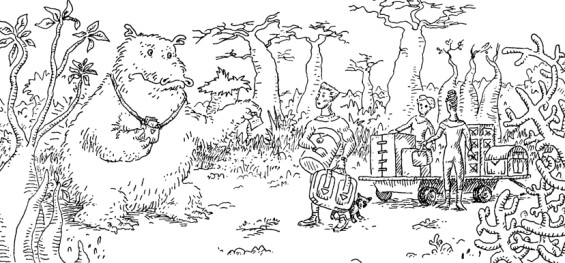
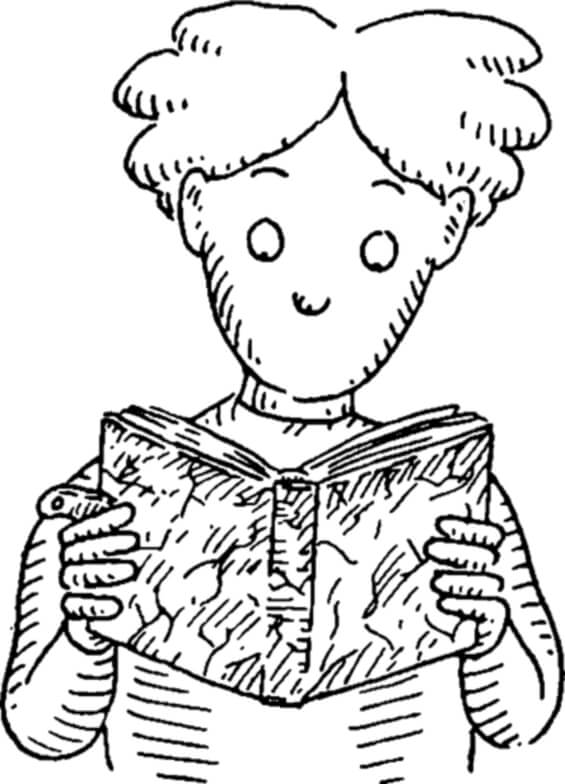
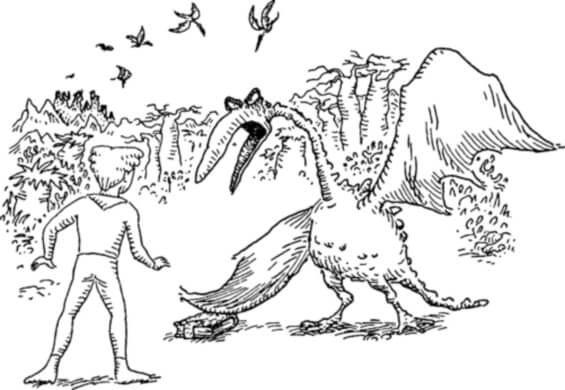
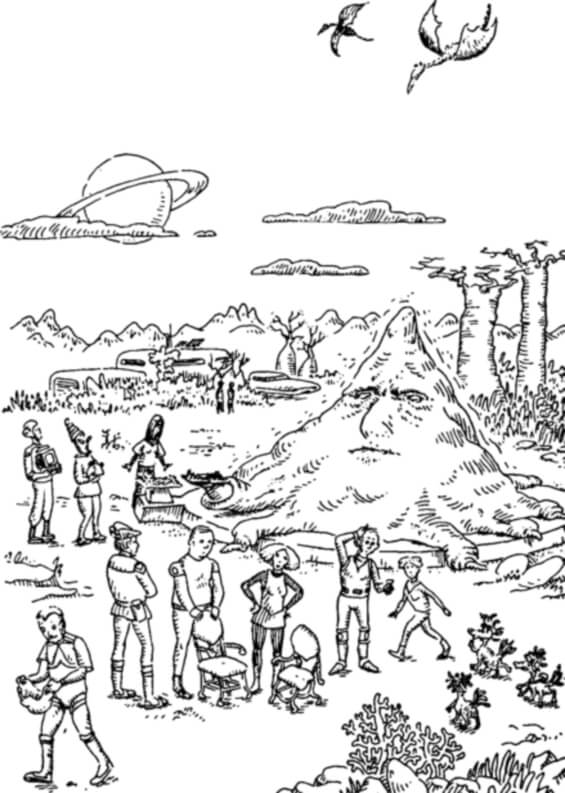
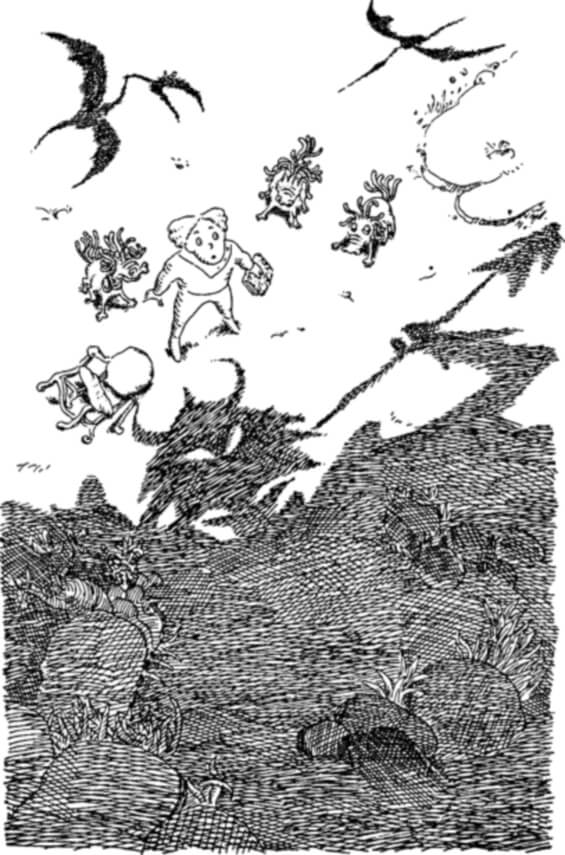
Posted by Jesse Willis



 Reading, Short And Deep #015
Reading, Short And Deep #015


